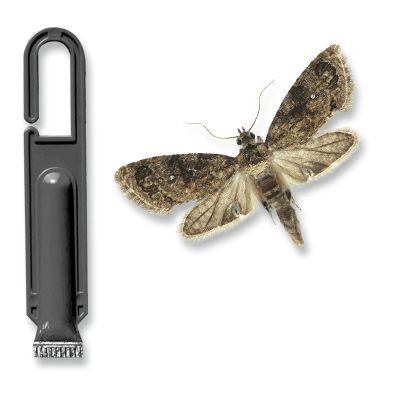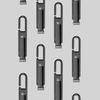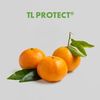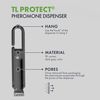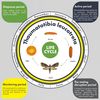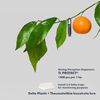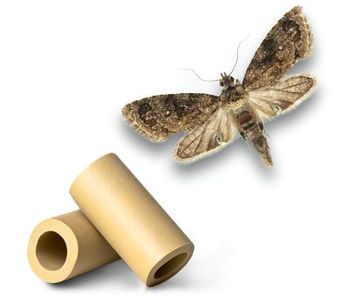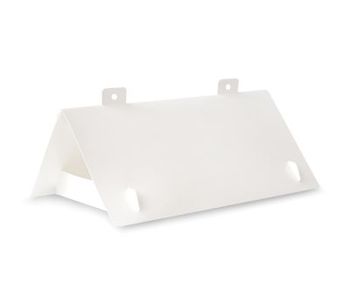TL Protect ®
TL Protect® plant protection product against (Cryptophlebia (Thaumatotibia) leucotreta) false codling moth. Mating disruption is a tool that involves the overstimulation of Cryptophlebia (Thaumatotibia) leucotreta male pests with deployment of pheromones via TL Protect® dispensers, causing males to follow “false pheromone trails”, therefore interfering with mate finding behaviour.
| # | SKU / Title | Price | |
|---|---|---|---|
| 1 |
ec0702020249-50
|
||
| 2 |
ec0702020249-150
|
||
| 3 |
ec0702020249-300
|
||
Product Description
Mating disruption is a tool that involves the overstimulation of Cryptophlebia (Thaumatotibia) leucotreta male pests with deployment of pheromones via TL Protect® dispensers, causing males to follow “false pheromone trails”, therefore interfering with mate finding behaviour.
Using TL Protect® is an environmentally sound method to protect crops that is safe for humans and pets.
The carrier is a MD dispenser that contains active substances, that ensures a uniform release of a pheromone.
When to use
Prior to the emergence of the first generation, it is recommended to install 300 TL Protect® dispensers, each with an expected field life of 160-180 days.
For an effective control strategy, utilize 2-4 Delta traps per hectare along with Cryptophlebia (Thaumatotibia) leucotreta lures for monitoring purposes and early detection of infestations.
| Jan | Feb | Mar | Apr | May | Jun | Jul | Aug | Sep | Oct | Nov | Dec |
|---|---|---|---|---|---|---|---|---|---|---|---|
Carrier
MD dispenser baited with pheromone composition.
Longevity
With optimal weather conditions (from 20°C – 35°C) MD dispensers can be used for 20-25 weeks once opened.
How to use
- We recommend monitoring pest emergence by deploying 2-4 Delta traps per hectare, with Cryptophlebia (Thaumatotibia) leucotreta lures. Each trap should be placed 1-1,5 m above the ground. By graphing the total numbers of the pest caught in your traps on each monitoring day, you can determine the level of pest pressure.
- Use gloves to take out the TL Protect® from its foil, right before it will be deployed.
- Place the MD dispenser following the instructions.
- Regular, careful monitoring for signs of crop damage is imperative to ensure your site is protected. This can help you determine if additional control measures are needed and the best timing for them.

Positioning
Place the MD Dispensers at the alternating heights of 2 m and 2,5 m, keeping them at least 5-6 metres apart.
300 TL Protect® dispensers should be deployed for every hectare.

Storing
Dispensers should be stored in a cool, dry place, away from sunlight. For conservation of dispensers for longer periods of time it is recommended to refrigerate the product, thus extending their expiration date to 24 months.
Replacement
Replace dispensers every 20-25 weeks. Please keep in mind that the disposal of the old dispensers should be done away from the monitoring/MD treatment area, to avoid interference with the pest management process.
Precautions
Handle carefully. Even though this substance is not harmful to humans and the environment, it is advised to use gloves when handling the product and wash hands thoroughly after handling the dispensers.
Suitable Items
Delta Paper trap (with insert)
Delta Paper is suitable for trapping and monitoring a variety of pest insects, in a cost-effective and environmentally friendly way. Must be used together with a target-insect lure.
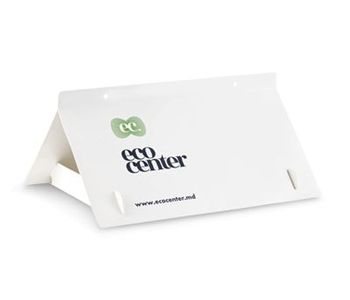
Properties
Non-toxic - this product doesn’t contain toxic chemicals.
Recycled materials - recycled materials are used to manufacture this product.
Safe for Human - effective, not-toxic pest control solution, that is completely safe for use around humans.
Caution
Keep the MD dispensers out of reach of children and pets.
Notice
To the extent consistent with applicable law, buyer assumes all responsibility for safety and use not in accordance with directions.
Disclaimer
The instructions provided serve as general guidance and are designed for informational purposes. Actual usage guidelines may differ based on factors such as climate, crop type, and pest infestation severity. For tailored advice, please reach out to Eco Center specialists or authorized distributors.
